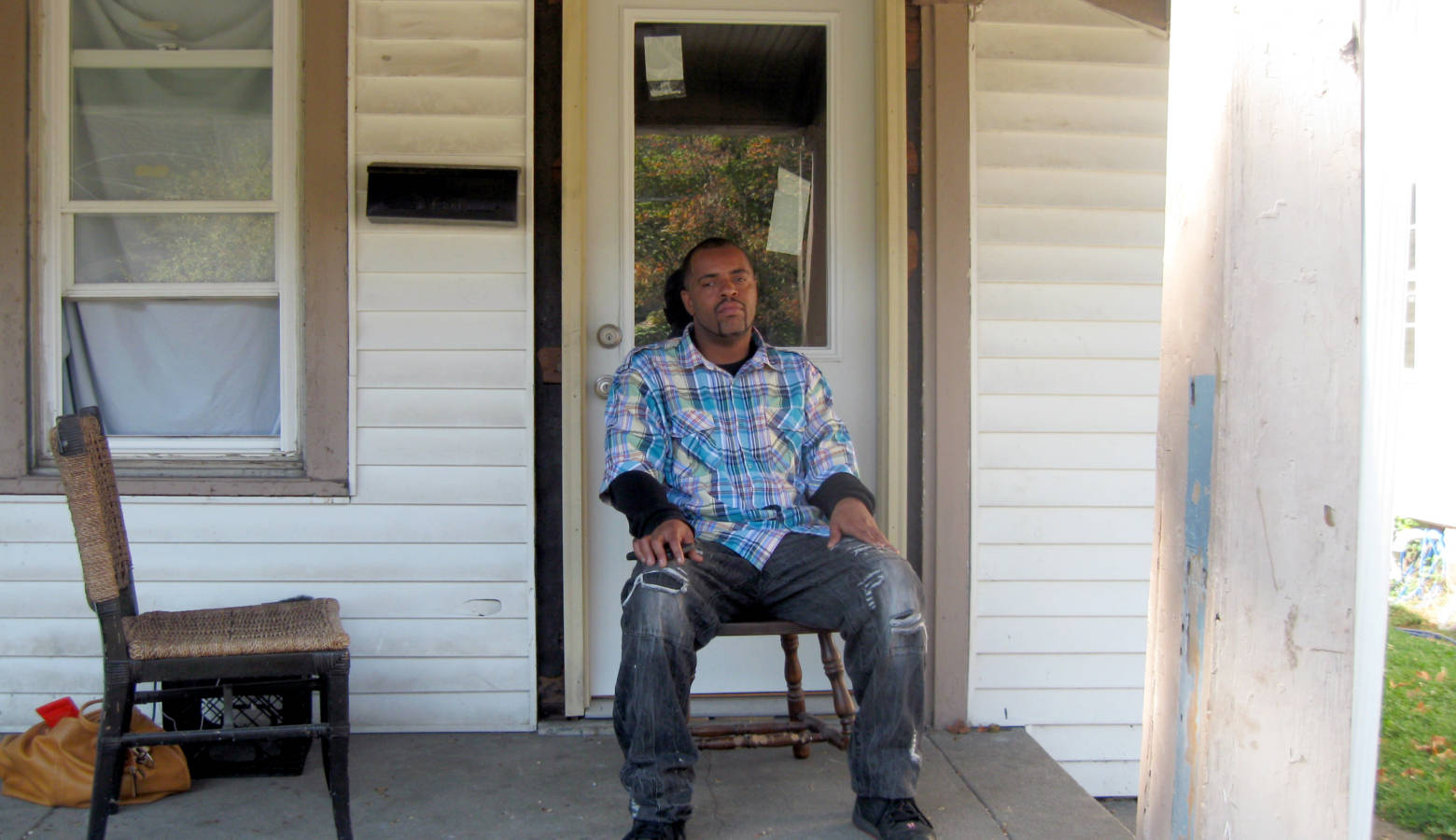Program Offers Holistic Re-Entry For Incarcerated Parents

Indiana has second highest rate of parental incarceration in the nation and that time lost can be one of the hardest parts of being incarcerated.
One program in Indiana is being used as a model to connect inmates and their loved ones with resources before their release. The aim is to break the cycle of incarceration through continuity of care.
When someone is released from prison this often means a chance to restore relationships.
Rachel Halleck is senior director of behavioral health services with Volunteers of America or VOA. She says her organization heard this again and again working with mothers through a program it developed to strengthen families affected by incarceration.
“The first thing out of their mouth was ‘my kids, my kids, where are my kids, I need to check on my kids, I need to see my kids,’” says Halleck.
Halleck says another thing they learned was how fragile the time of release was.
“Where we have people drop out of services is in those times of transition,” she says, “so if can start them with a support person while they are incarcerated, the likelihood of them staying in services is significantly higher.”
Those services include addiction treatment, job placement, therapy, and transitional housing.
The VOA program was recently redubbed Bridge to Success and is now geared toward men.
When Langston Hughes heard about it he was serving two years for a probation violation, his second sentence. He says this time was a lot harder on his 8 year-old daughter.
“In my situation my child was hurt because I wasn’t there,” says Hughes, “so that affected the way she was around the house, in school, acting out and misbehaving.”
READ MORE: Childhood Researchers Study Health Effects Of A Parent Behind Bars
Experts say a parent behind bars impacts not just a child’s behavioral wellness but their physical health.
The VOA worked with Hughes to lift his daughter’s spirits.
“They asked my daughter what is she interested in and she said dance,” he says, “she’s real big on the dancing, so they put her in dance school.”
Before prison, Hughes helped his mother and sister financially. The VOA program used its barrier-busting funds and helped pay some bills.
“It eased my burden a lot because in there you can’t do nothing but think and worry, think and worry… it’s a stress reliever,” Hughes says.
Besides stress, more than a third of inmates report a combination of past substance abuse, at least one mental health issue, and trauma.
The VOA program involves a trauma-informed-care approach. It’s not what’s wrong with you, but what happened to you. Program coordinator Greta Compton says for men this can be complicated.
“They don’t consider it trauma, it’s just normal, it’s normal,” Compton says. “But it’s not normal to see someone stabbed in your backyard when you’re 8, it’s not normal and it’s not healthy. A lot of what we do is reframe it and say ‘yes, this happened to you, now let’s work on it.’”
Halleck says the work also has to consider a hierarchy of needs.
“If I don’t know where my next meal is coming from or I don’t know if I will have a roof over my head we’re not going to be able to do breathing techniques to focus on my anxiety,” says Halleck.
She says a child that has a parent who is incarcerated is eight times more likely to enter the criminal justice system.
“For these families, even a single intervention, helps boost resiliency and their ability fight through whatever adverse experiences they are having,” Halleck says.
Langston Hughes has been employed for almost a year, the VOA helped him land that job. His daughter lives out of state but when she comes to visit he looks forward to parenting – in every way.
“I don’t know if I should say this,” he says, laughing. “But you know she’s got an attitude problem, so try to steer her and line her up in the right direction,” Hughes says.
